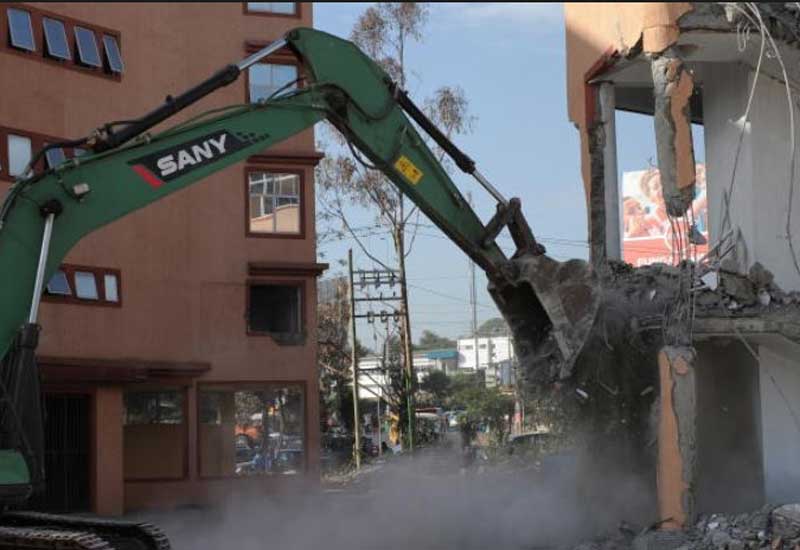
The recent demolitions have left many in the construction industry with unanswered questions and concerns. Kenya’s construction industry is a very well-regulated sector with lucid construction approval and inspection guidelines stipulated in various acts of Parliament. First, we have county governments that issue drawing approvals on the architectural, structural and civil engineering plans.
The National Environment Management Authority (Nema) approval certificate, by norm, is issued after the county drawing approval. This is replicated when Water Resource Management Authority (WRMA) is involved for those proposed developments around water catchment areas.